Primary Immunodeficiency Treatment
When part of the immune system is either absent or not functioning properly, it can result in an immune deficiency disease. When the cause of this deficiency is hereditary or genetic, it is called a primary immunodeficiency disease (PIDD).
Primary Immunodeficiency
When part of the immune system is either absent or not functioning properly, it can result in an immune deficiency disease. When the cause of this deficiency is hereditary or genetic, it is called a primary immunodeficiency disease (PIDD). Researchers have identified more than 300 different kinds of PIDD.
Affecting approximately 1 in 1,200 people, primary immunodeficiency disease can lead to frequent, severe, or unusual infections, as well as increased risk for autoimmune diseases, allergies, and certain cancers. Common types include Common Variable Immunodeficiency (CVID), Selective IgA Deficiency, and Severe Combined Immunodeficiency (SCID).
Symptoms vary but often include recurrent sinus, ear, lung, or skin infections, digestive issues, and delayed recovery from illness. Early diagnosis and treatment, often involving immune-boosting therapies or immunoglobulin replacement, are essential for improving quality of life and preventing complications.
Learn more with the American Academy of Allergy, Asthma & Immunology

